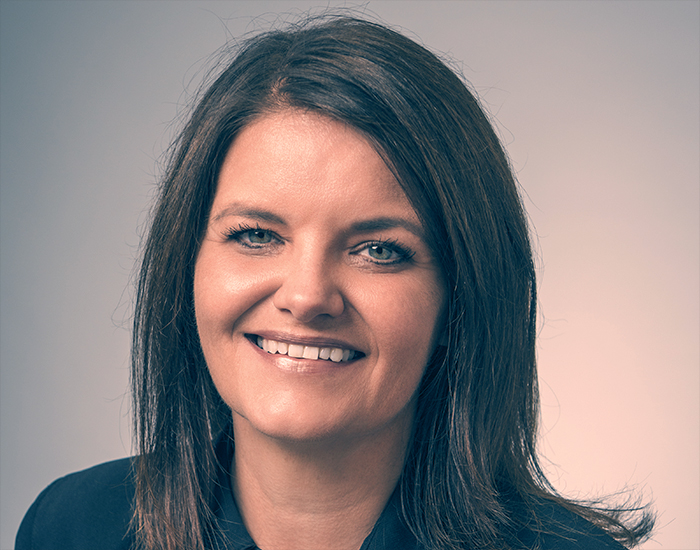Christy Billock, Keck Graduate Institute (KGI) Professor and Founding Program Director of the Occupational Therapy Doctorate (OTD) program, has recently joined two advisory boards for Claremont Home Energy Retrofit Project (CHERP) and neuro-rehabilitation biotech company APEX-K.
CHERP is creating the world's first non-profit solar assembling factory in Pomona. Their goal is to make renewable energy more accessible to economically disadvantaged communities by manufacturing inexpensive solar panels.
They will be providing green-sector jobs for people who may have barriers to entering the workforce such as living with a disability, economic or housing insecurity, or being formerly incarcerated. Billock will be advising them in workforce development and will provide an occupational therapy perspective in the areas of ergonomics, workplace adaptations and accessibility, promotion of physical and mental health, and overall job satisfaction.
CHERP is working on a holistic plan to promote justice and worker well-being in the factory context. A team of artists is working with CHERP to bring art and beauty into the factory space. The artists will create murals as well as light and sound installations in the factory.
"In so many work environments now—especially factory environments—aesthetics are really not taken into consideration," Billock said. "But it's so valuable to create a physical environment where people can feel good and supported—beauty really matters. It's really striking to me how this group is thinking about the health and well-being of their workers. An occupational therapy perspective can help tease out what's important and provide adaptations that could help people be really successful in the setting and in their work."
As KGI’s OTD program develops, Billock is interested in how faculty and students could play a role in working with CHERP.
"There’s wonderful potential for our future OTD faculty and students to provide occupation-centered expertise in a variety of areas for CHERP," Billock said.
"It's a pretty incredible organization. They're really taking a holistic and collaborative stance in all of their endeavors."
Billock also joined the board for APEX-K, a Canadian-based biotech company led by Founder David Tinjust and CEO Paul Juhos that has developed technology and protocol for treating mild traumatic brain injury and post-concussion syndrome.
Many people live with post-concussion syndrome or mild traumatic brain injury, which can have devastating long-term consequences. The options for treatment are limited and often not effective.
Tinjust has been using the APEX-K protocol and technology for several years with professional athletes, Olympians, and others, and is seeing significant improvements in function and symptoms. Currently in Canada, occupational therapists and physical therapists provide the APEX-K intervention protocol.
As APEX-K undergoes the process of obtaining FDA approval, they asked Billock to be on their advisory board to give them an understanding of what occupational therapy and training services look like in the U.S.
"One of the key initiatives that I've been thinking about for our OTD program is an emphasis on innovative rehabilitative technologies—and specifically neurorehabilitation—and this seems like a wonderful opportunity," Billock said. "The protocol is impressive because it’s comprehensively looking at so many different body systems, utilizing technology and professional expertise. The evidence is very compelling."
